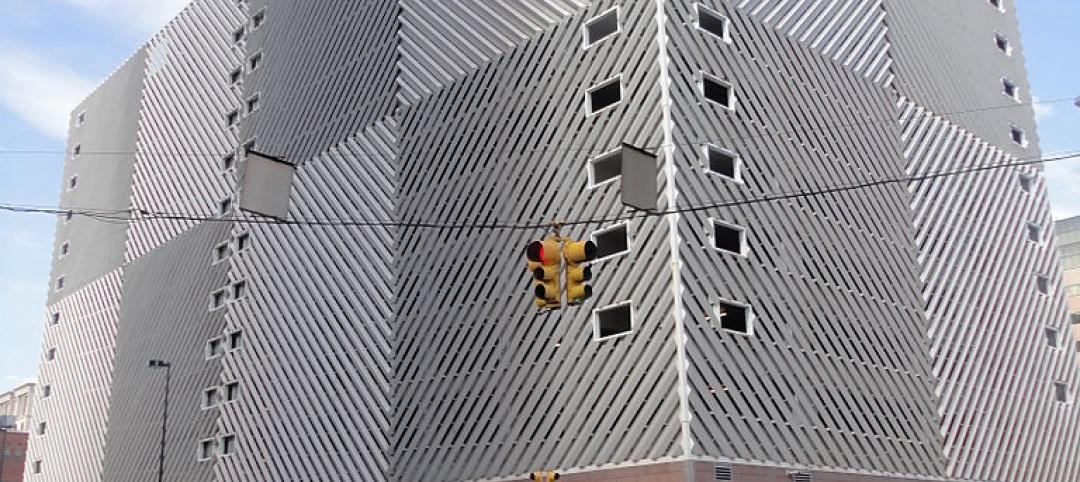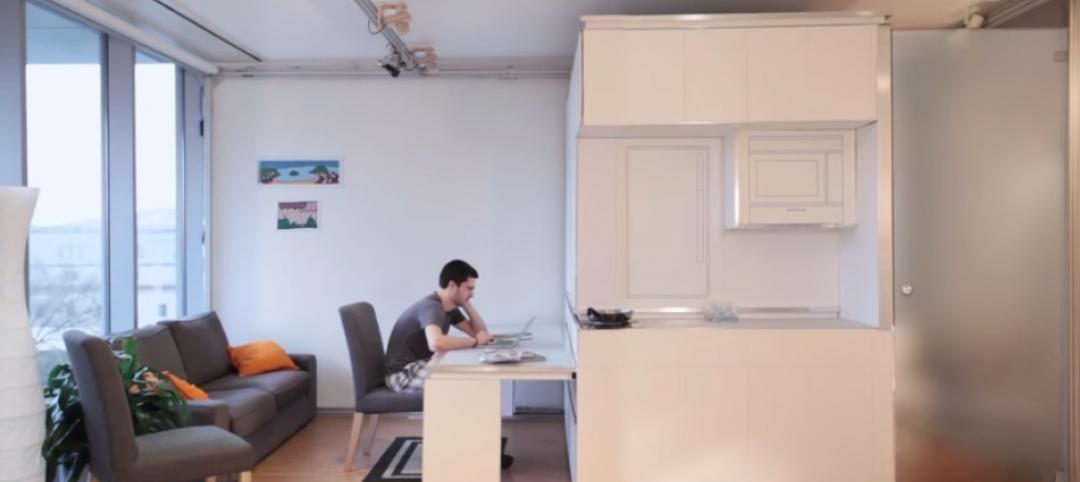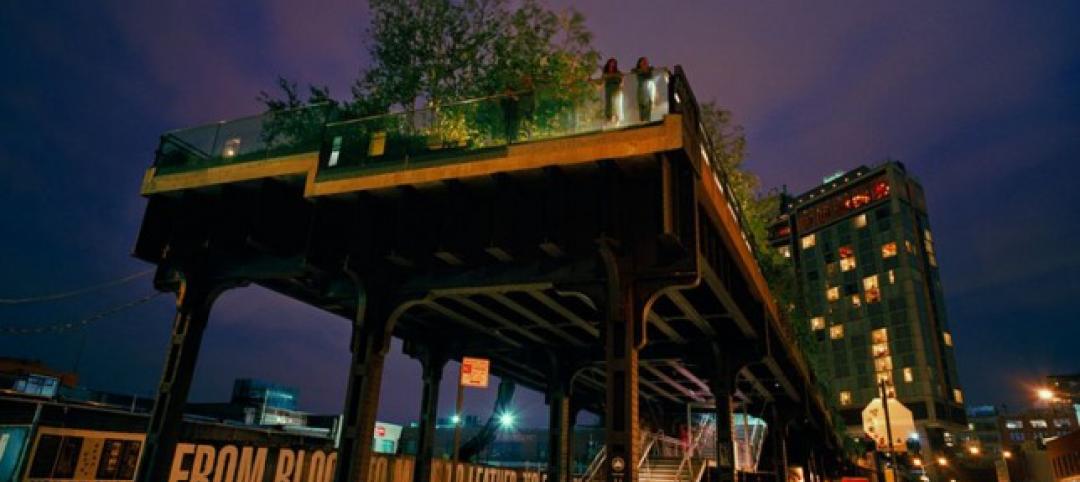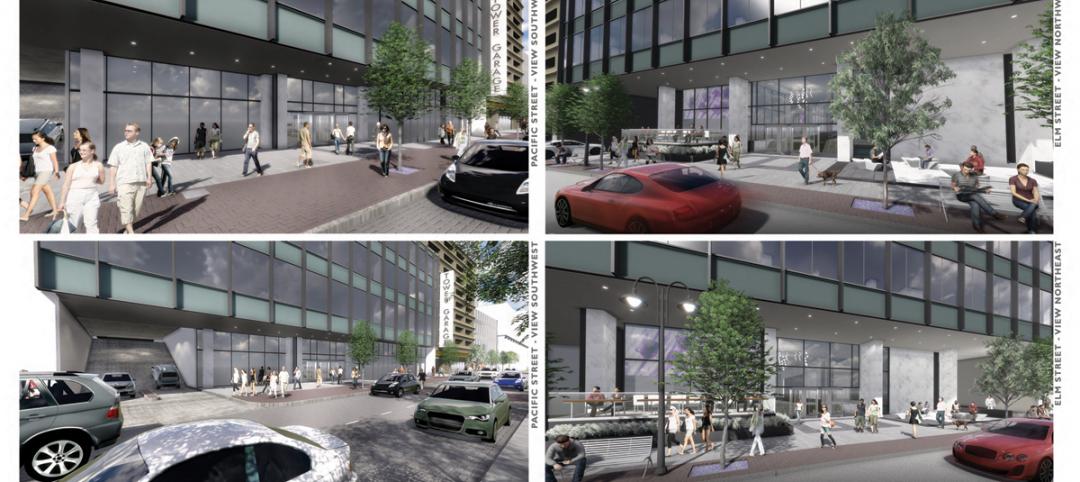The U.S. construction industry added 48,000 jobs in December, including 22,800 jobs in nonresidential construction, according to the Bureau of Labor Statistics (BLS) preliminary estimate released Jan. 9.
November's estimate was unchanged in this release, remaining at 20,000 net new construction jobs, but nonresidential construction's November jobs figure was upwardly revised to 7,100 jobs.
"The U.S. economy added an average of 289,000 jobs per month during the final three months of 2014, indicating that momentum is surging as we transition into 2015," said Associated Builders and Contractors Chief Economist Anirban Basu. "This represents good news for the construction industry in 2015 and perhaps beyond, particularly with respect to office construction, retail construction, and other segments that benefit directly from accelerating job growth and decreasing unemployment. Overall, the economy has built steady momentum since the end of last winter adding an average of 246,000 jobs per month in 2014, an increase of more than 50,000 jobs added per month compared to 2013."
According to the BLS household survey, the national unemployment rate fell to 5.6% in December. This represents the lowest level of unemployment since June 2008. The declining unemployment rate is most likely a result of a labor force that shrank by 273,000 persons in December, after expanding in the previous two months. The labor force participation rate fell by 0.02% and now sits at 62.7%.
"One of the most interesting aspects of the report is that construction unemployment ended the year at 8.3 percent on a non-seasonally adjusted basis," said Basu. "While construction firm executives have been worried for years about the specter of construction skills shortages, the BLS data indicate there are plenty of people looking for jobs in construction. It is likely that many of these prospective workers lack the skills necessary to fill the openings construction firms are seeking to fill or live in areas where construction employment growth is much slower.
"Normally, high construction unemployment would imply slow rates of wage and compensation increases; however, ABC believes this is not the case," added Basu. "Because of the presence of skills mismatches, wage gains are likely to be sizeable in 2015 even in the presence of lofty rates of construction unemployment."
Construction employment for the month and the past year breaks down as follows:
• Nonresidential building construction employment expanded by 10,000 for the month and is up by 23,400 jobs, or 3.4 percent, since December 2013.
• Residential building construction employment expanded by 800 jobs in December and is up by 44,500 jobs, or 7 percent, on an annual basis.
• Nonresidential specialty trade contractors added 12,800 jobs for the month and employment in that category is up by 76,900 jobs, or 3.7 percent, from the same time one year ago.
• Residential specialty trade contractors gained 12,700 jobs in December and have added 87,600 jobs, or 5.6 percent, since December 2013.
• The heavy and civil engineering construction segment gained 11,600 jobs in December and job totals are up by 57,900, or 6.6 percent, on a year-over-year basis.
To view the previous employment report, click here.
Related Stories
| Jun 2, 2014
Registration is open for 2014 BUILDINGChicago/Greening the Heartland Expo and Conference
BUILDINGChicago is a major conference and trade expo serving architects, engineers, contractors, property owners, real estate developers, government officials and community organizations in the Midwest.
| Jun 2, 2014
Nonresidential construction spending expands in April
Ten of 16 nonresidential construction subsectors posted increases in spending in April, according to the latest U.S. Census Bureau data.
| Jun 2, 2014
Parking structures group launches LEED-type program for parking garages
The Green Parking Council, an affiliate of the International Parking Institute, has launched the Green Garage Certification program, the parking industry equivalent of LEED certification.
| Jun 2, 2014
SOM unveils plans for Miami transit hub
The elevated station will be a key portal within All Aboard Florida’s rail system, the nation's only privately owned, operated, and financed rail network.
| Jun 1, 2014
Architect license upon graduation? NCARB aims to accelerate licensing process
Incorporating internship and examination requirements into university education, the regulatory organization looks to simplify and shorten the licensing process.
| May 30, 2014
MIT researchers create 'home in a box' transformable wall system for micro apartments
Dubbed CityHome, the system integrates furniture, storage, exercise equipment, lighting, office equipment, and entertainment systems into a compact wall unit.
| May 30, 2014
Riding high: L.A., Chicago working on their version of the High Line elevated park
Cities around the U.S. are taking notice of New York's highly popular High Line elevated park system. Both Chicago and Los Angeles are currently working on High Line-like projects.
| May 30, 2014
Developer will convert Dallas' storied LTV Building into mixed-use residential tower
New Orleans-based HRI Properties recently completed the purchase of one of the most storied buildings in downtown Dallas. The developer will convert the LTV Building into a mixed-use complex, with 171 hotel rooms and 186 luxury apartments.
| May 29, 2014
Turn your pen-and-paper sketches into digital drawings in seconds with this nifty gadget [video]
Funded through Kickstarter, iSketchnote uses a smart pen to instantly digitize hand-written notes and drawings.
| May 29, 2014
7 cost-effective ways to make U.S. infrastructure more resilient
Moving critical elements to higher ground and designing for longer lifespans are just some of the ways cities and governments can make infrastructure more resilient to natural disasters and climate change, writes Richard Cavallaro, President of Skanska USA Civil.
















